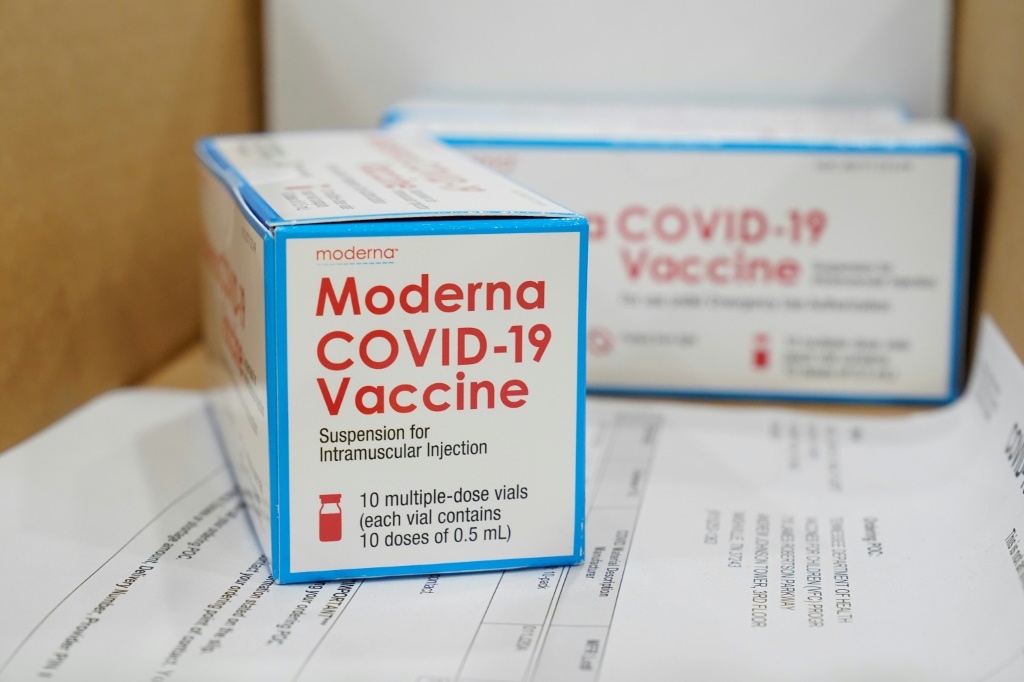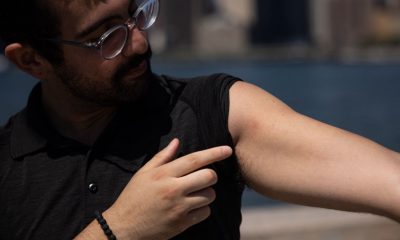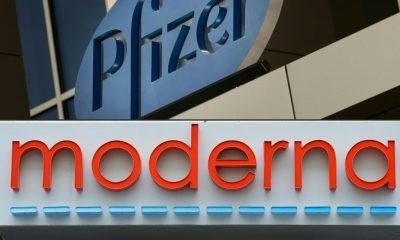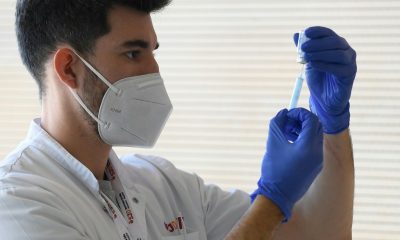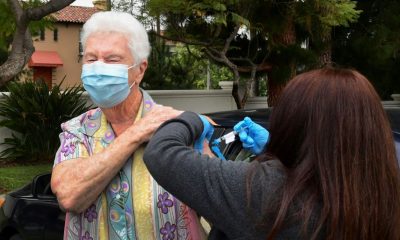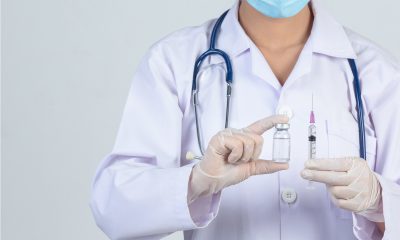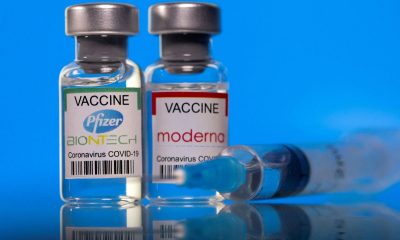As the country continues to deal with the COVID-19 pandemic, medical experts and scientists are pushing for booster shots to ensure optimum protection against SARS-CoV-2. But so far, only Pfizer-BioNTech’s vaccine has been approved for the third dose, leaving millions of Americans wondering about the length of time it would take for the Moderna and Johnson & Johnson vaccines to be approved for the booster jabs.
FDA Evaluation On Additional Shots
The Food and Drug Administration’s Vaccines and Related Biological Products Advisory Committee is going to meet this week to discuss the need for additional doses for those who received the Moderna and Janssen vaccines in the country. The group will be deliberating on the potential third dose for Moderna recipients on Thursday, and committee members are expected to convene again on Friday to tackle the need for another dose of the J&J vaccine, according to CNBC.
On the two days that the advisory group will be meeting, data on the safety and effectiveness of the Moderna and Janssen boosters for adults will be discussed. The final decision from the team could take days after the meetings. However, this would not be the end of the road in the deliberation process. Once it has come up with its verdict, the FDA will have to hand things over to the Centers for Disease Control and Prevention (CDC).
CDC’s Involvement In The Approval Of Boosters
The national public health agency will also have its own deliberation on the Moderna and J&J vaccines once the FDA is done with its evaluation. This means recipients of the two vaccines will still have to wait weeks before they can get their booster shots.
The CDC’s Advisory Committee on Immunization Practices is scheduled to have advisory meetings on Oct. 20 and 21. Just like what the FDA’s advisory group is going to do this week, the CDC’s committee members will gather to examine available data and discuss the potential need of the booster shots for the adult population.
When the FDA and the CDC approved Pfizer-BioNTech’s third dose, they issued almost similar verdicts. Both agencies authorized the administration of boosters in adult people at high risk of having severe COVID-19. The CDC initially did not include those with frequent occupational exposure in its guidance. However, CDC director Dr. Rochelle Walensky eventually decided to follow the FDA’s advisory, as per The Conversation.
Updates On Moderna, Janssen Booster Shots
In late September, there were reports on the FDA possibly leaning toward the use of a half dose Moderna vaccine as booster. Unlike Pfizer’s 30-microgram dose of vaccine, Moderna’s vaccine shot is a 100-microgram dose, causing some medical experts to believe that cutting the Moderna dose in half would be ideal for the booster shot, so as to lower the risks of side effects.
On the other hand, Johnson & Johnson asked the FDA last week to authorize its booster shot for its coronavirus vaccine. At the time, the pharmaceutical company emphasized the need for having an appropriate interval based on its internal studies. According to J&J, recipients of its single-dose vaccine should get the additional shot either two months after or six months after their vaccination for optimum immune protection. Between the two, the latter is said to give better results, according to CNN.

